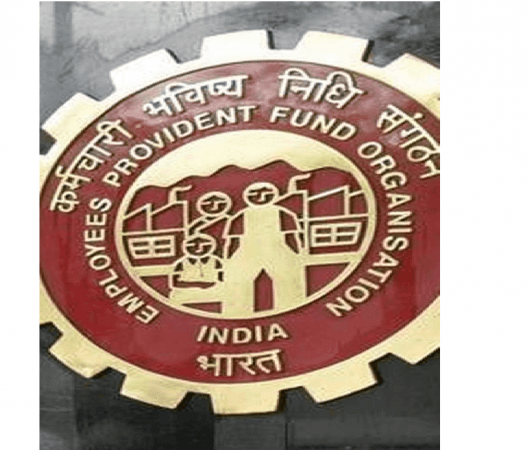The Union labour and employment ministry have guaranteed subscribers in the Employees' Provident Fund (EPF) scheme that their money will be secured, regardless of the profits earned by the organisation that manages the scheme (EPFO) on investments in private company corporate bonds. Reliance Capital, which is owned by Anil Ambani, has failed on its interest payments to the EPFO.
In a reply to an unstarred question by RJD MP, Dr Manoj Kumar Jha, Minister of State for Finance Dr Bhagwat Karad told the Rajya Sabha EPFO had invested Rs 2,500 crore in non-convertible debentures (NCDs) of Reliance Capital. The company defaulted on the payments of Rs 536.64 crore as of 30 November 2021.

Karad said that "Ministry of Labour and Employment has further informed that as the maturity date of these investments has not become due till date, there is no default on principal." As per a report in the Print, the Ministry of Labour & Employment has set an interest rate of 8.5 per cent for EPF subscribers in 2020-21, leading to a payment of about Rs 70,000 crore in interest and a surplus of Rs 1,000 crore. This was discussed in the EPFO's central board of trustees meeting in November 2021.
What is the issue?
Debt instruments with a high rate of interest are known as non-convertible debentures. These instruments are commonly used by businesses to raise funds in order to increase the long-term value of their assets. In October of this year, Reliance Capital went into default on these interest payments for the first time. Various regulatory actions have been taken against the corporation since then.

The Reserve Bank of India replaced Reliance Capital's board of directors last month and designated Nageswar Rao Y., a former executive director of the Bank of Maharashtra, as the company's administrator. In addition, the RBI has filed an application with the National Company Law Tribunal (NCLT) in Mumbai to begin insolvency proceedings against the company. According to official regulations, the process will take 330 days.

















